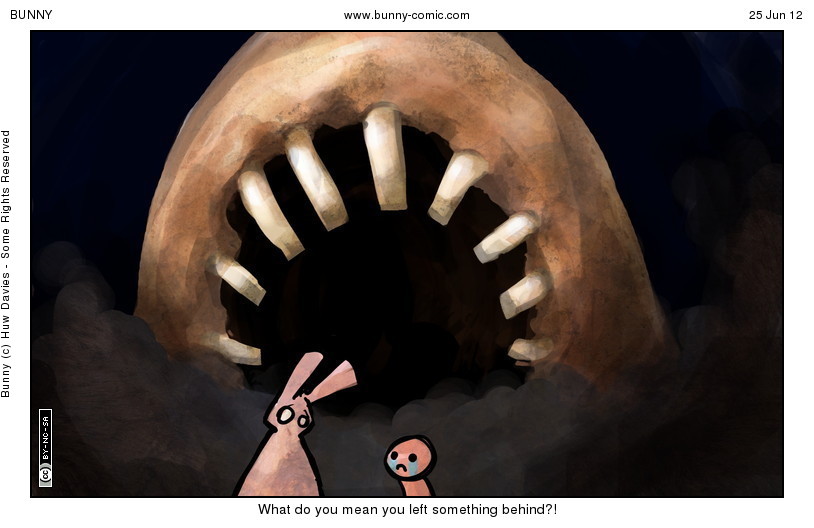With 1.3 million copies sold,
Amnesia: The Dark Descent ushered in a new genre for indie games: Horror. Soon, the market flooded with chilling features like
Deep Sleep and
Hide. But there's something eerily different between indie games and the mainstream titles we love.
Indie game developers have more leeway in terms of what they can and can't do in their games. This means more opinions, more vulgarity, and most importantly, more gore. Even pixelated games like They Bleed Pixels don't skip out on the guts. That's not to say that indie games are bloodier than mainstream games, but they can forgo a narrative and only leave a world of terror in the hands of the player.
In fact, it seems that some horror indie games focus less on the narrative and more on the overall experience, ambiance, and mechanisms of the game. In Slender, the only driving narrative force are the notes you put together, but in between finding them, the only narrative is the one in your head(usually muffled by screaming).
 |
| He only wants a hug. |
A lot of them feature a protagonist with amnesia, furthering the idea that there is no narrative. It's been erased, and it's up to you to find it. This makes it easy to assume the identity of the character since all the details are left out, and creating that player-game connection that makes the suspension of reality all the easier. And as with many of these indie games, the controls depend on curiosity and becoming the movements rather than just playing them out(
Super Meat Boy is a great example, since the player is the tutorial).
Because indie games are focused on mechanisms, innovation, and immersion, they offer a different experience than titles like Resident Evil or Silent Hill. And while mainstream games were once the go-to of horror, there's been a decline in this genre, or more of a shift, from mainstream to indie, who have been listening to the complaints and the disappointments of gamers and gone to work.
We've seen it all when it comes to those typical horror features, but in indie games, we're not sure what to expect. Games like Fatal Frame succeeded in leaving a footprint due to that idea of the player having no real control. In the game, you're equipped with a camera, and that's all you can use to defeat enemies. Just...passively snapping pics. And this certainly creates a level of panic. But we see less and less of this innovation in mainstream games and some seriously disturbing advances in indie games.
Hopefully, they can bring the horror genre back.
Giveaway
In the spirit of Halloween, I'd like to give two lucky readers a chance to own a really fun, indie horror game for Steam tonight. Just move on over to the
Facebook event page and leave a comment there in the thread about your favorite horror game, character, what you like about the genre, anything you want! Just make it horror-related. Be sure to leave a "like!"
In light of its amazing-ness, one person will win
Amnesia: The Dark Descent and experience the fear for themselves. Another reader will win
Home, a creepy horror pixel adventure.
Contest closes at 10:00PM EST tonight. Winner announced tonight!
Good luck!







 1:42 PM
1:42 PM
 Lissy
Lissy


 Posted in:
Posted in: 









